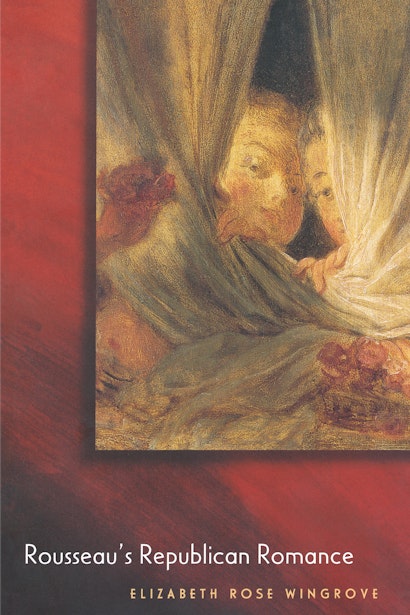Rousseau's Republican Romance


Paperback
- Price:
- $58.00/£48.00
- ISBN:
- Published:
- Mar 13, 2000
- Copyright:
- 2000
- Pages:
- 272
- Size:
- 7.75 x 10 in.
ebook
In Rousseau’s Republican Romance, Elizabeth Wingrove combines political theory and narrative analysis to argue that Rousseau’s stories of sex and sexuality offer important insights into the paradoxes of democratic consent. She suggests that despite Rousseau’s own protestations, “man” and “citizen” are not rival or contradictory ideals. Instead, they are deeply interdependent. Her provocative reconfiguration of republicanism introduces the concept of consensual nonconsensuality—a condition in which one wills the circumstances of one’s own domination. This apparently paradoxical possibility appears at the center of Rousseau’s republican polity and his romantic dyad: in both instances, the expression and satisfaction of desire entail a twin experience of domination and submission.
Drawing on a wide variety of Rousseau’s political and literary writings, Wingrove shows how consensual nonconsensuality organizes his representations of desire and identity. She demonstrates the inseparability of republicanism and accounts of heterosexuality in an analysis that emphasizes the sentimental and somatic aspects of citizenship. In Rousseau’s texts, a politics of consent coincides with a performative politics of desire and of emotion. Wingrove concludes that understanding his strategies of democratic governance requires attending to his strategies of symbolization. Further, she suggests that any understanding of political practice requires attending to bodily practices.